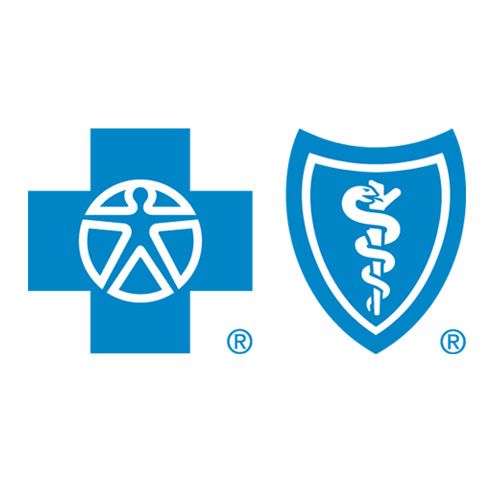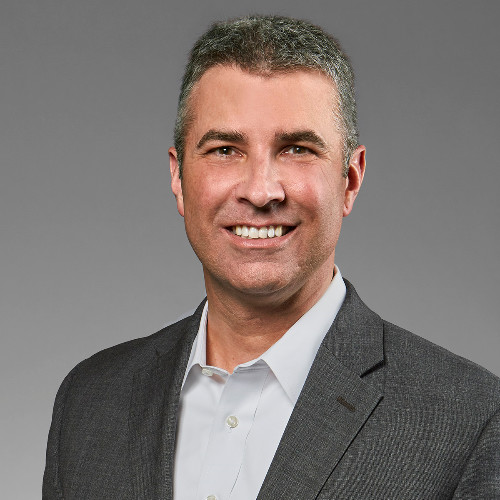Behind the scenes: Introducing mental health first aid to Blue Cross and beyond
December 8, 2020This year has been tough on America’s collective mental health. By summer alone, at least 40 percent of U.S. adults reported struggling with their mental health or substance use. Younger adults, members of Black, Indigenous and people of color (BIPOC) communities, essential workers and unpaid adult caregivers reported having worse mental health outcomes, increased substance use and even elevated suicidal ideation, according to a report from the Centers for Disease Control and Prevention (CDC).
In response, the behavioral health team at Blue Cross and Blue Shield of Minnesota has taken steps to help create an environment that supports the mental health of its associates by launching a mental health and substance use awareness and action initiative. The program will focus on associates first, but has steps in place to create and roll out programs for Blue Cross members.
 “This is a critical component in our overall behavioral health strategy and includes a number of pathways to receive support, both internally and externally,” says Brendan Shane, director of behavioral health at Blue Cross. “We are committed to helping our colleagues in this space. An important step has been offering ‘mental health first aid’ training for leaders of our customer service and health services teams.”
“This is a critical component in our overall behavioral health strategy and includes a number of pathways to receive support, both internally and externally,” says Brendan Shane, director of behavioral health at Blue Cross. “We are committed to helping our colleagues in this space. An important step has been offering ‘mental health first aid’ training for leaders of our customer service and health services teams.”
Rolling out “mental health first aid” training
Mental health first aid is a training sponsored by the National Council on Behavioral Health. Similar to life-saving CPR, attendees do not need to have a background in mental health―the training teaches them how to recognize early and ongoing negative mental health symptoms and how to assist during a crisis.
Currently, the focus is on providing mental health first aid training to Blue Cross leaders as a way to support associates. Ultimately, the goal is to offer the training to customer-facing associates, as well.
 “We want to ensure our associates who speak directly with customers have more tools in place to better assess if callers are in need of further support― such as behavioral health or substance use disorder case management― and offer that accordingly,” says Nancy Myers, behavioral health clinical product manager at Blue Cross and a certified Mental Health First Aid facilitator.
“We want to ensure our associates who speak directly with customers have more tools in place to better assess if callers are in need of further support― such as behavioral health or substance use disorder case management― and offer that accordingly,” says Nancy Myers, behavioral health clinical product manager at Blue Cross and a certified Mental Health First Aid facilitator.
There are already several important steps in place for members who are experiencing a mental health crisis but Nancy says mental health first aid training would enhance those capabilities.
“If a member is having a mental health crisis and calls Blue Cross, we do have a crisis line with licensed clinicians able to assist and support members,” she says. “This training would be a way to prepare more associates to connect members with appropriate behavioral health services.”
Teaching actions steps to provide needed help
Similar to CPR training, the mental health first aid training uses a lay person’s approach to teach participants how to address a situation they may encounter. Those taking part in the training will do this by learning the ALGEE 5 action steps:
- Assess for risk of suicide or harm
- Listen non-judgmentally
- Give reassurance and information
- Encourage appropriate professional help
- Encourage self-help and other support strategies
Then, in the event of a mental health crisis, the training teaches participants how to stay with someone until appropriate help arrives.
“It could be a colleague, a loved one – anyone. We learn how to identify signs and symptoms of substance use or mental health issues,” Nancy says. “We practice, we talk through scenarios about how to approach someone who is struggling, we learn what is helpful and not helpful and we do an overall assessment. Asking questions and going through the ALGEE action steps are not linear, they are situational.”
Creating comfort and understanding to address a crisis
Once people are done with the training, they report feeling more comfortable and capable of addressing a scenario when they’re noticing someone may be having an issue, Nancy says.
“Training really generates great conversations,” Nancy says. “A people leader may notice something and wonder if it’s okay to say something. With mental health first aid training, you’re not diagnosing anyone- you’re just saying something like, ‘I notice you’ve been missing work or are late to meetings, is there any way I can help or support you?’”
If a Blue Cross member feels they need mental health assistance or guidance, they should call in and ask to speak to a case manager in behavioral health. From there, the member will receive a needs assessment, educational resources or even a referral to a specialized provider.
“By offering mental health first aid training, we are demonstrating our strong commitment to mental health awareness and supporting our associates through mental health and substance use issues,” says Nancy.
Reducing stigma through knowledge
As for the future of the program, Nancy sees great opportunity for it to expand, especially to directly support members.
“We want to bring mental health first aid training to as many people as possible to help reduce the stigma related to substance use and mental health, she says.
More resources and information
From our blog
- Expert recommendations to care for your mental health among the unknowns of COVID-19
- Highlighting mental health awareness in BIPOC communities
- Historical trauma and mental health in Indigenous communities
- How to care for yourself and your mental health during a global pandemic
- Smiles for Jake works to spread positivity, change conversation around suicide
- The State We’re In podcast: Mental health and emotional wellbeing in the time of COVID
Suicide Prevention Resources
- NAMI Minnesota: 651-645-2948
- Minnesota’s Crisis Text Line: Text MN to 741741
- National Suicide Prevention Lifeline: 1-800-273-8255
- Smiles for Jake suicide prevention movement




